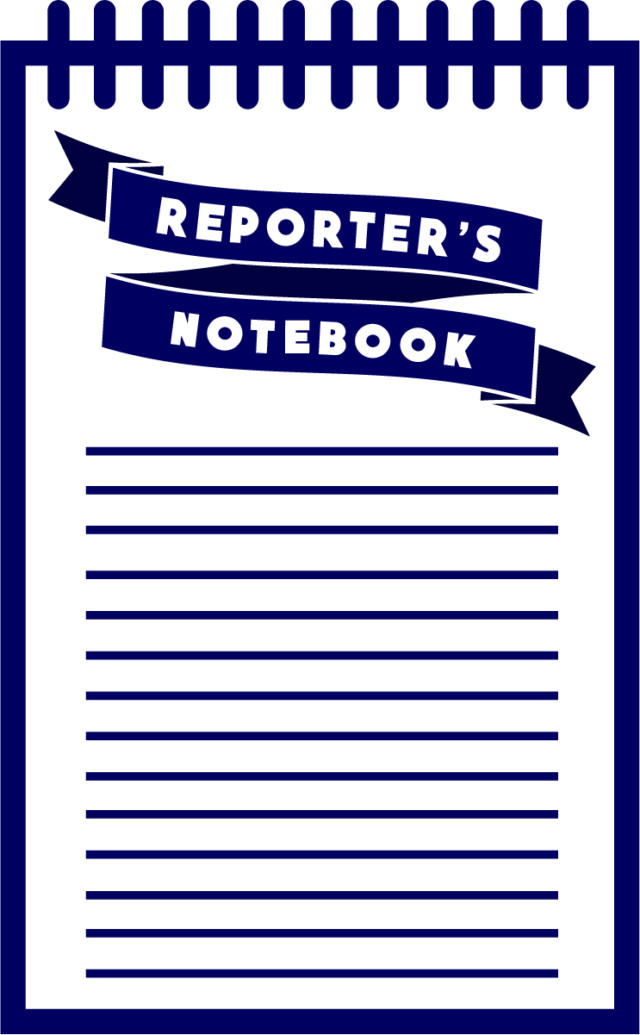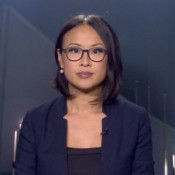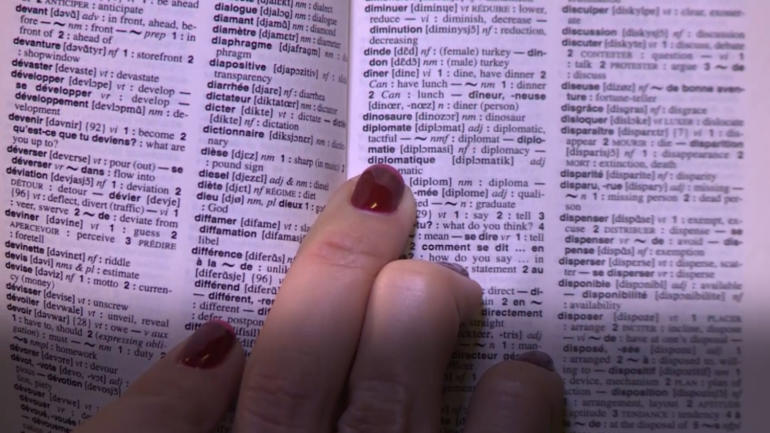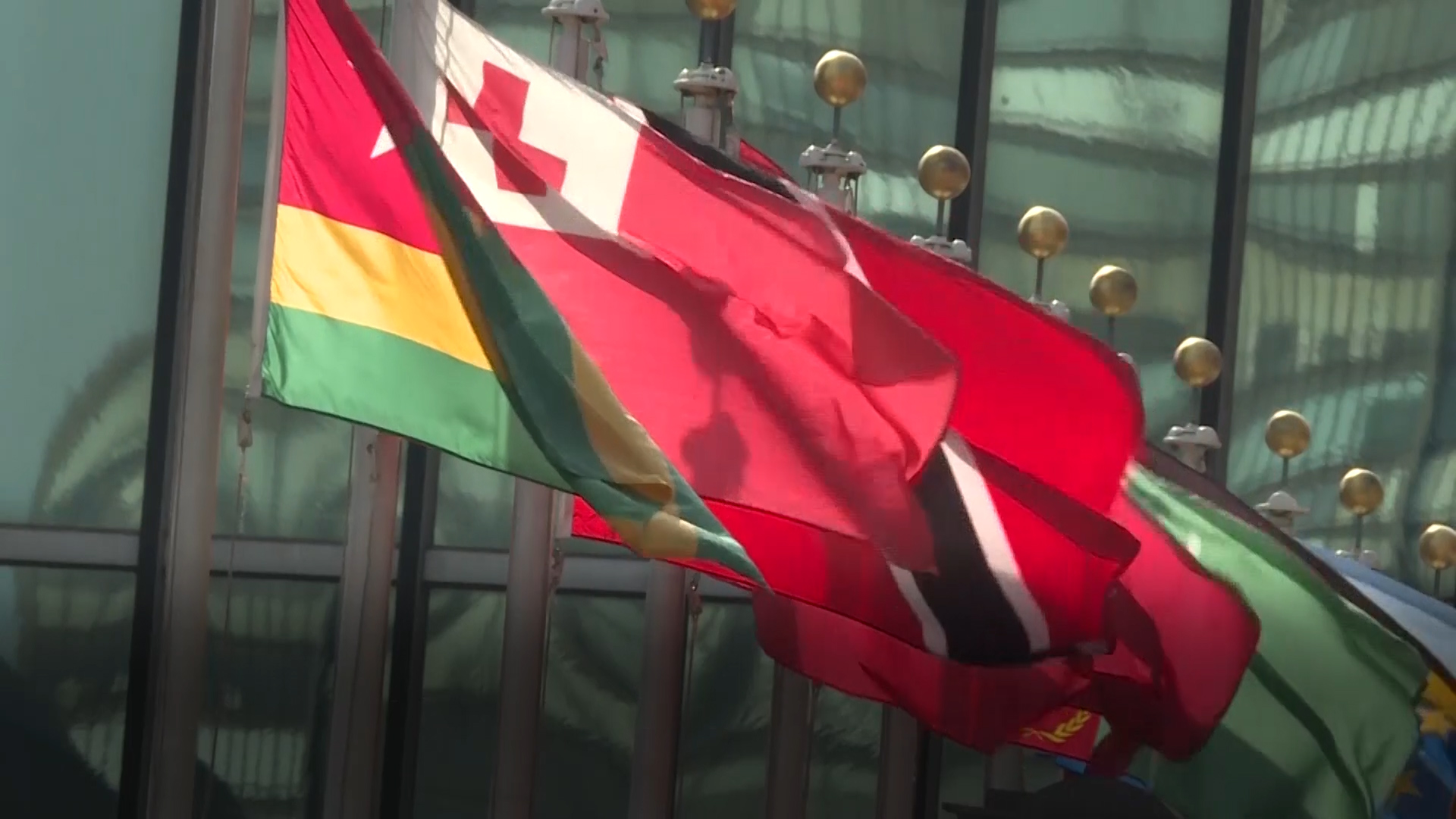The idea for the U.N. language web-series was born out of frustration.
The United Nations, for all intents and purposes, speaks and writes the language of diplomacy in precise yet convoluted terms, to ensure meanings are not misconstrued, demands not diluted, and consensus not contradicted.
 But part of my job as a journalist is to turn that language into normal-people words, a challenge made more complex by the vast range of CGTN’s viewers around the world who speak in a myriad of languages. For them, English may not be their native tongue, and the U.N. not of major interest.
But part of my job as a journalist is to turn that language into normal-people words, a challenge made more complex by the vast range of CGTN’s viewers around the world who speak in a myriad of languages. For them, English may not be their native tongue, and the U.N. not of major interest.
So how do I get CGTN’s viewers interested in stories about the United Nations, and how do I engage the non-native English speakers?
Report in as many of their languages as possible, obviously, and about how the U.N. operates in those languages. Brilliant, right?
In January this year, I did a quick calculation in my head: there are six official U.N. languages — Arabic, English, French, Chinese, Russian and Spanish. I’ve aced English, studied Chinese, and attempted French several times.
That’s three languages out of six. How difficult could it be?
Very, very difficult.
I began with French because I thought I could read enough of it to fake the accent poorly, and with a little help with vocabulary, I could make it believable.
In what I thought was a long shot, I asked the U.N. Secretary General’s spokesperson Stephane Dujarric to teach me key words in French, on camera. He said oui, and I thought ouais!
Then came Chinese, which I took up as a seven-year-old and then flunked at 17. But I knew enough of the romanized pinyin system to guide my pronunciations, and I had the resources of CGTN America’s Mandarin-speaking experts to make sure I didn’t embarrass myself.
I was doing so well until CGTN colleague Du Yubin pointed out that instead of writing “Spain” in Chinese as “西班牙”, I had written it as “四盘鸭”, which means “four plates of duck”.
I had hoped to redeem myself with Spanish, but telling the story of women leaders from Spanish-speaking countries breaking the gender barrier in diplomacy, and telling it in their language, was a huge endeavor.
Help came from our in-house Spanish-speakers Laura Cantekin and Nadia Becir who worked very hard to correct my pronunciations.
So when a Spanish-speaking reporter recognized me from the story a few months later and told me I did a good job, it was a big moment for me. We tried, and it showed. ¡Muchas gracias, muchachas.
And then I attempted Russian because it was June and the FIFA World Cup was in play. With Moscow hosting, Russia held an event at the UN for the opening ceremony and kick-off match. Russia beat Saudi Arabia 5-0, and then proceeded to give me a linguistic walloping for weeks after that.
Russian — with its very foreign Cyrillic alphabets — is by far the most difficult language I’ve taken on. I would like that vodka now, пожалуйста.
Four languages down, two more to go.
Next up is Arabic, which I won’t pretend to know anything about, and then English, which I will attempt in American Sign Language to learn something new, and because there is a story to tell about the U.N. and sign language.
And if things go well and all six are done, I might have a go at Portuguese, Kiswahili, and Xhosa.
 CGTN America
CGTN America


